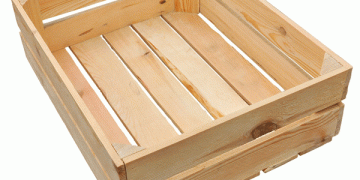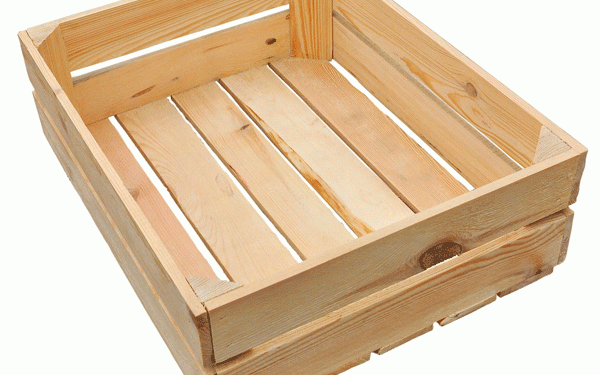The LCA carried out by FEDEMCO analyzed the environmental impacts of wooden and corrugated cardboard packaging systems used for the storage and transport of 1,000 tons of mandarins from Valencia, Spain, to Germany—a journey covering 2,000 kilometers by truck. The packaging unit studied is known as Pitufo®, a trademark of FEDEMCO, with a base area of 300 x 200 mm and a carrying capacity of 2 kilograms.
The analysis meticulously cataloged all production and logistics processes within the value chain for both packaging materials. Data were gathered directly from companies involved in these processes, ensuring the study’s findings were rooted in real-world industry practices. The LCA adhered to international standards, employing the ReCiPe 2016 methodology to measure various environmental impacts, including greenhouse gas emissions, water usage, and pollution.
Key Findings: Wooden Packaging vs. Corrugated Cardboard
- Greenhouse Gas Potential:
- Wooden packaging was found to have a substantially lower greenhouse gas potential than corrugated cardboard. This is primarily due to the lower energy requirements for recycling wood compared to the more energy-intensive process of recycling paper and cardboard.
- Water Consumption:
- The study highlighted that the water footprint of corrugated cardboard is significantly higher than that of wooden packaging. The production and recycling of cardboard consume more water, contributing to its larger environmental impact.
- Water Eutrophication:
- Corrugated cardboard also exhibited a greater impact on water eutrophication, which is the process of nutrient accumulation in water bodies leading to excessive plant growth and oxygen depletion. The use of chemicals in the recycling of paper and cardboard exacerbates this issue, making wood a more eco-friendly option.
- Soil Acidification:
- The LCA found that corrugated cardboard contributes more to soil acidification than wooden packaging, again due to the chemicals used in its production and recycling processes.
Wooden Packaging as a Sustainable Solution
The comprehensive analysis conducted by FEDEMCO and critically reviewed by independent experts concludes that wooden packaging is the more sustainable choice for the agricultural sector. With lower greenhouse gas emissions, reduced water usage, and less impact on soil and water quality, wooden packaging aligns with the goals of the European Green Deal and the European Climate Pact, which aim to decarbonize the packaging and logistics sectors.
Moreover, wooden packaging contributes positively to the sustainable use of forest resources, boasting a high recycling rate and playing a key role in a bio-circular economy. These attributes make it an ideal packaging material in the fight against climate change, in line with the European Forestry Strategy 2030.
To further support the adoption of sustainable practices, FEDEMCO has developed the ECOWOOX® certification, which ensures the eco-design and full recyclability of wooden packaging, helping the industry meet national and European regulatory standards.































